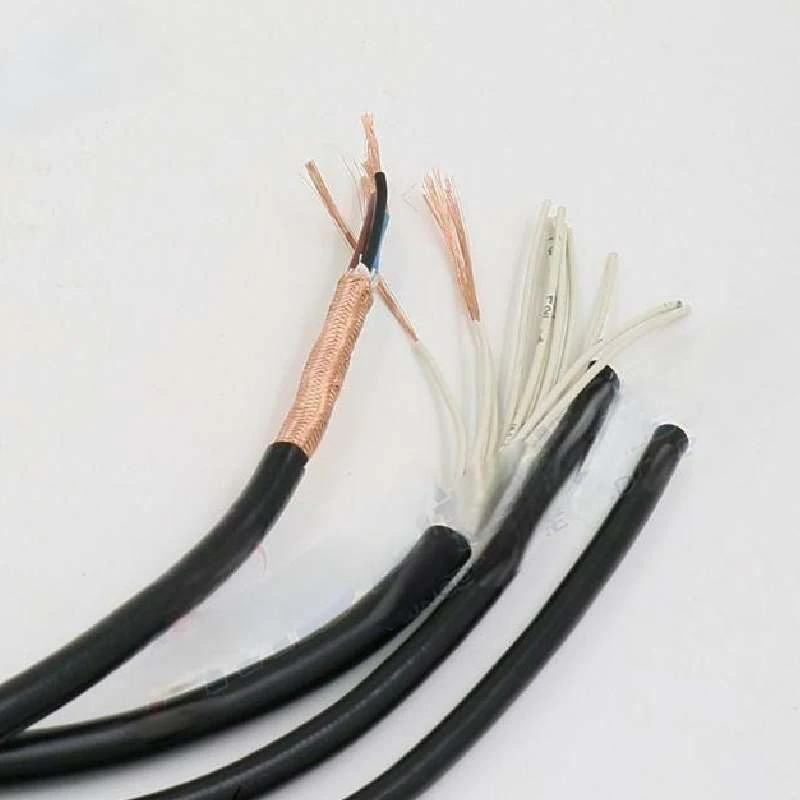Dec . 21, 2024 06:10 Back to list
Understanding the Benefits and Applications of Knife Gate Valves in Industrial Use
Understanding Knife Gate Valves Functionality and Applications
Knife gate valves are a specialized type of valve used in various industrial applications for controlling the flow of fluids. Designed to handle substantial amounts of flowing material, these valves offer distinct advantages in specific environments where traditional valves may fall short.
What is a Knife Gate Valve?
A knife gate valve features a blade-like disc which is lowered or raised to start or stop the flow of material. Unlike conventional gate valves, which are often used in liquid applications, knife gate valves are primarily designed to manage slurries, powders, and other high-viscosity materials. The unique design allows the knife gate valve to effectively cut through fibrous materials, preventing clogging and ensuring a smooth flow.
Construction and Design
Knife gate valves typically have a simple yet robust construction. They are usually made of heavy-duty materials like stainless steel, carbon steel, or cast iron, ensuring longevity and resistance to corrosion in harsh environments. The design consists of a gate (blade) that moves perpendicularly to the flow direction, providing a tight seal when closed. This design is particularly beneficial in applications where a complete shut-off is required.
The seating arrangement in a knife gate valve can vary; it may have a metallic or soft material seat. The respective choice affects the sealing capability, durability, and maintenance requirements of the valve. These valves also come in various configurations, including manual or automated actuation mechanisms, catering to different operational needs.
Key Benefits
1. Efficient Cutting The primary benefit of a knife gate valve lies in its ability to cut through dense materials, minimizing the risk of blockages and ensuring consistent flow. This is particularly valuable in industries like sewage treatment, mining, and pulp and paper production.
knife gate valve

2. Minimal Leakage When closed, knife gate valves provide a reliable seal that considerably reduces the chances of leakage. This is crucial in environments handling hazardous materials, where leaks can pose significant risks.
3. Low Maintenance The simple design and heavy-duty construction of knife gate valves mean they generally require less maintenance compared to more complex valve types. This can result in cost savings and reduced downtime in industrial operations.
4. Versatile Applications Knife gate valves find application in a wide range of industries, including pharmaceuticals, food processing, and chemical manufacturing. They are highly effective in handling both liquid and bulk solid materials.
Applications
Knife gate valves are commonly used in several key applications
- Pulp and Paper Industry Utilized to manage the flow of wood chips, slurries, and waste materials. - Wastewater Treatment Crucial for controlling flow in pipelines and treatment facilities where slurries and solids are prevalent. - Mining and Mineral Processing Required for the handling of slurries, ensuring efficient movement of minerals through various processing stages. - Food Processing Helps manage the movement of thick liquids and pulpy substances without contamination.
Conclusion
In summary, knife gate valves are indispensable in managing the flow of dense and viscous materials across various industries. Their distinctive design offers efficient cutting capabilities alongside reliable sealing performance, making them suitable for a variety of applications. With advantages such as low maintenance requirements, minimal leakage, and versatile functionality, knife gate valves stand out as an essential component in modern industrial systems. As industries continue to seek improved efficiency and safety in their operations, the demand for reliable solutions like knife gate valves will inevitably grow.
Share
-
Reliable Wafer Type Butterfly Valves for Every IndustryNewsJul.25,2025
-
Reliable Flow Control Begins with the Right Ball Check ValveNewsJul.25,2025
-
Precision Flow Control Starts with Quality ValvesNewsJul.25,2025
-
Industrial Flow Control ReliabilityNewsJul.25,2025
-
Engineered for Efficiency Gate Valves That Power Industrial PerformanceNewsJul.25,2025
-
Empowering Infrastructure Through Quality ManufacturingNewsJul.25,2025